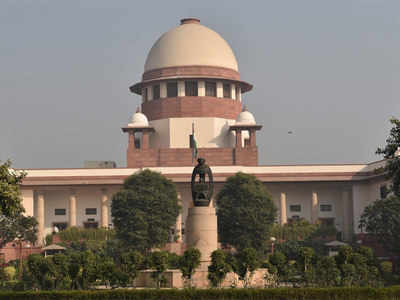SC Ruling on GST Compliance and Rectification
The Supreme Court of India recently made ruling regarding the Goods and Services Tax (GST). This ruling allows companies to rectify human or arithmetical errors in their tax filings without facing penalties. The decision aims to ease compliance for taxpayers and promote a more business-friendly tax environment.
Context of the Ruling
The ruling emerged from an appeal by the Central Board of Indirect Taxes and Customs (CBIC) against a Bombay High Court decision. The High Court had permitted the rectification of GST returns, either electronically or manually. The Supreme Court noted that strict deadlines for corrections often result in unjust penalties for genuine errors.
Key Legal Principles
The Supreme Court asserted that human errors are common and acknowledged that errors can also occur on the part of tax authorities. The Court emphasised that the right to correct mistakes is inherent to the right to conduct business, which is constitutionally protected.
Implications for Businesses
Tax experts welcomed the ruling as a validation of taxpayer rights. Businesses can now correct clerical mistakes without the fear of losing Input Tax Credit (ITC), provided there is no revenue loss. This change is particularly beneficial for small and medium enterprises that may lack advanced accounting systems.
Input Tax Credit and Compliance Issues
Under the Central GST Act, buyers can claim ITC based on accurate tax invoices from suppliers. However, clerical errors have historically led to compliance challenges and financial burdens for businesses. The Supreme Court’s ruling is expected to alleviate these issues by allowing corrections without penalties.
Future Actions by CBIC
The Supreme Court has directed the CBIC to reconsider the provisions and timelines for rectifying errors. This directive is crucial for establishing a clearer framework for businesses to follow. The CBIC’s response will impact the practical implementation of this ruling.
The Role of Technology in Compliance
The Court brought into light that software limitations should not hinder compliance. Tax compliance software should be designed to facilitate ease of use and adaptability. This perspective urges the development of more user-friendly systems to assist businesses in filing accurate returns.
Month: Current Affairs - March, 2025
Category: Legal & Constitution Current Affairs








